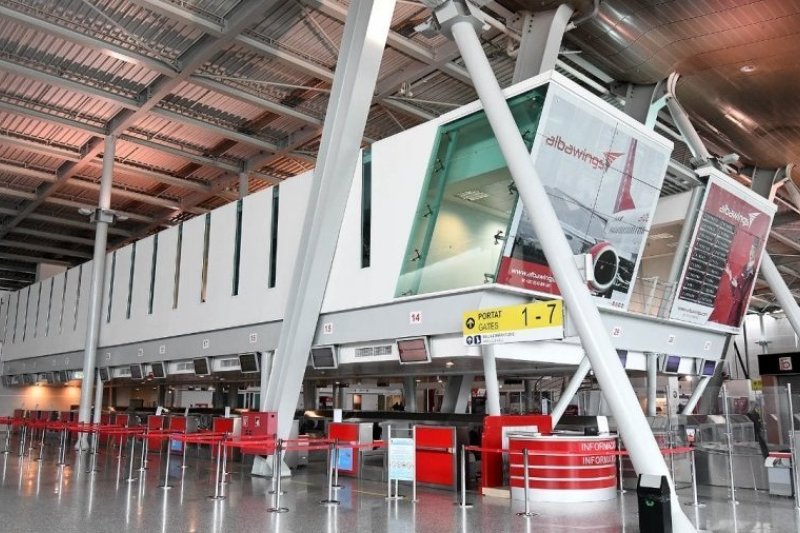Emigration Causes At Least EUR 800M of Losses
A study of this year "The Cost of Youth Emigration in Western Balkan Countries" by "The Westminster Foundation for Democracy" shows that the economy of our country faces an annual loss of about 800 million euros as a result of the high level of immigration, especially of young people.
Losses are created in two directions. First, the study calculates as a loss the investments in the education of people who emigrate, who are educated with local budget expenditures, and then contribute to the host countries.
Secondly, for each person who emigrates, the GDP of the country is lost to 14 thousand euros in the following year. The study considered the annual outflow of 41,700 people, of which 37,540 were of working age.
Assuming they all achieved their goal of employment in the host country, the study found a potential cost of Euro 456 million in lost gross value added.
Adding the indirect effects due to the impossibility of preventing immigration through employment, the annual loss of gross value added in Albania is estimated at Euro 559 million in one year, the study states. This means that each able-bodied person leaving Albania takes with them about Euro 14,900 from a future potential annual GDP.
The other channel of damage is considered lost investments in education. The education of an Albanian who completed his studies in 2018, depending on the completion of the educational level, costs about Euro 6,000 for primary school, Euro 9,300 for secondary school, and about Euro 18,300 for completed academic studies.
The average cost of completed postgraduate studies (PhD) in Albania was around Euro 32,000. The total education costs of people who leave Albania within a year range from Euro 201 million to Euro 504 million. According to the study, Albania loses an average of Euro 800 million to Euro 1 billion per year from emigration.
On the other hand, the most important direct benefit of migratory flows is remittances. Albania is one of the main countries in Europe, with a weight of seven percent in GDP of inflows from immigrants. If other sources coming from abroad are added (social transfers and income from the work of Albanian residents abroad), the contribution to GDP reaches 10 percent.
However, despite their significant share in GDP, remittances do not affect overall economic growth and are not generators of future development as the investment component is not strong enough. Remittances are used for personal consumption in the family, while only a small amount is used for investments.













